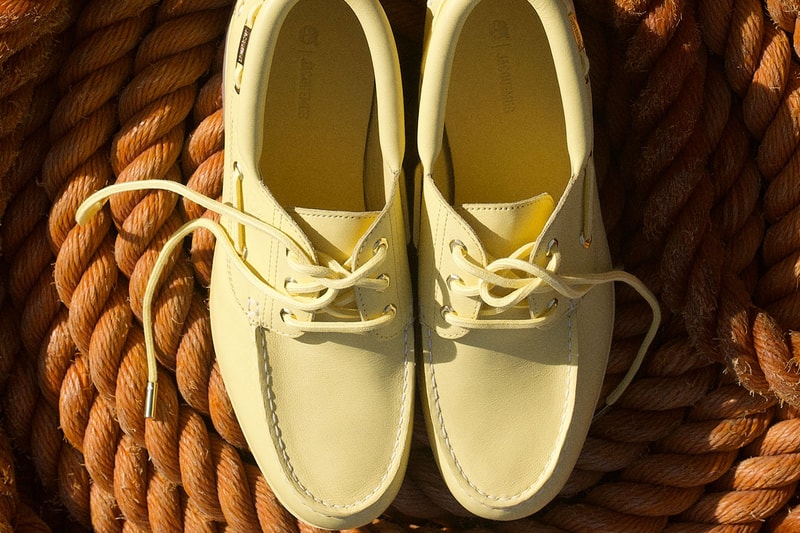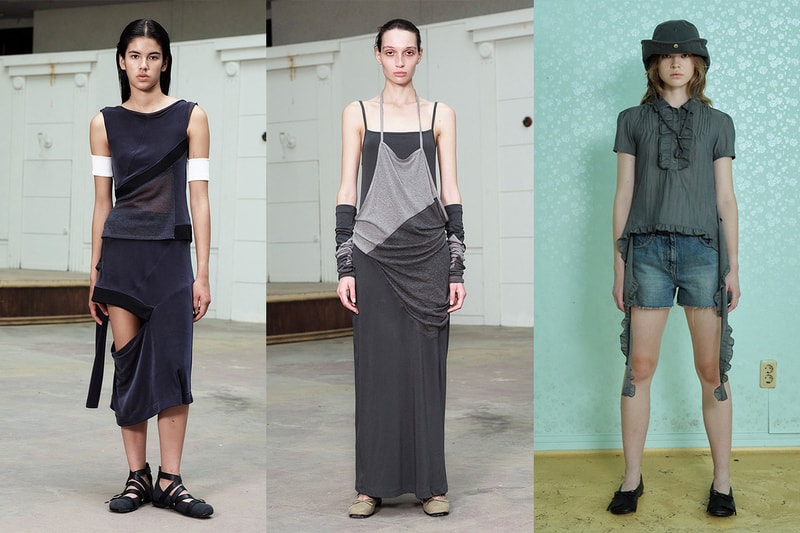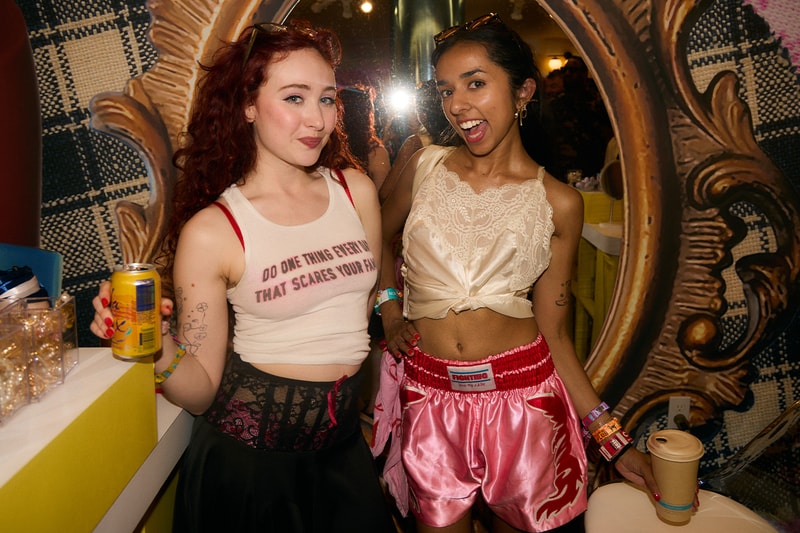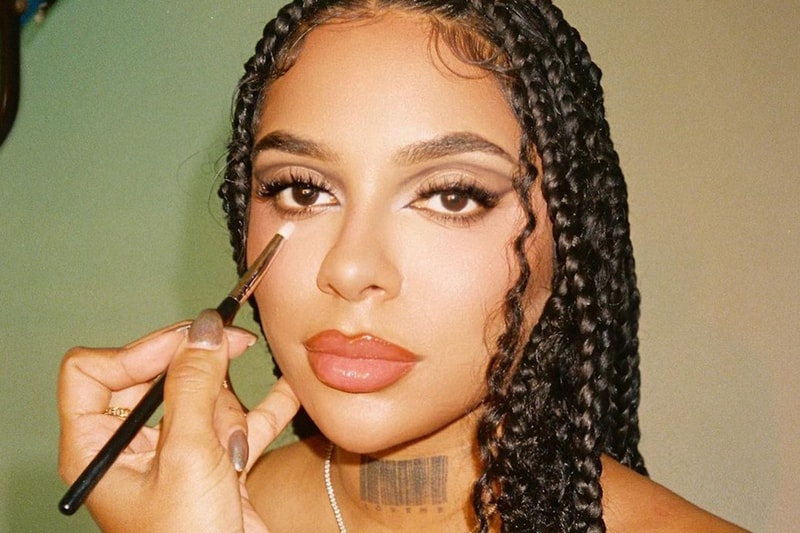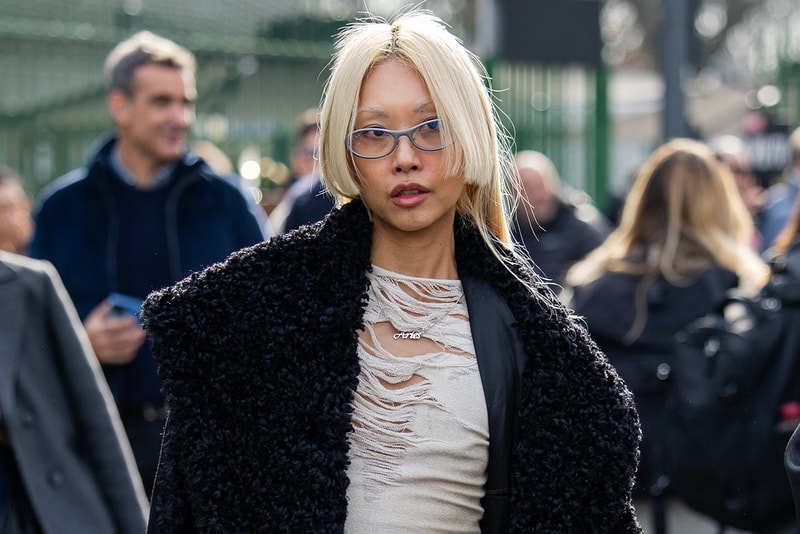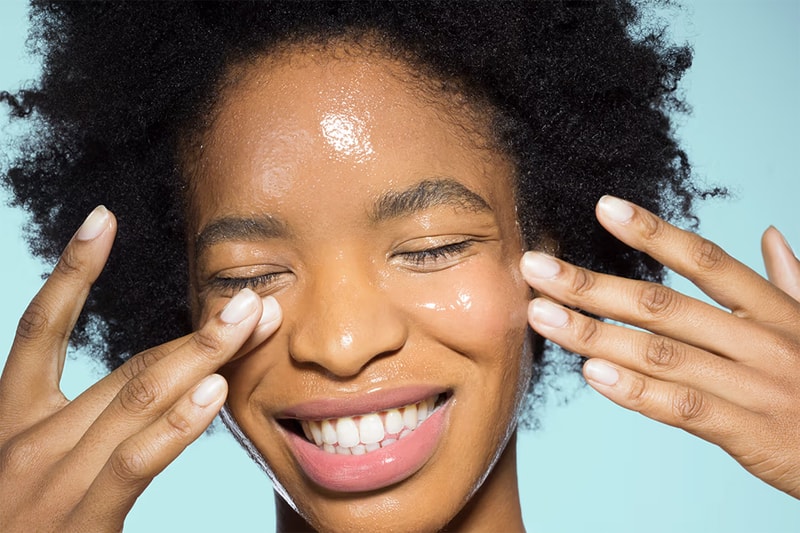Actually Yes, You Can Train Your Hair to Be Less Greasy—Here's How
Sarah Yang Thu, 01 Jul 2021 Who What WearGreasy hair is one of the top beauty annoyances for me. My hair and scalp tend to be greasy even if I go one day without washing it. So, I usually tend to wash my hair every day, which I know isn't the greatest for my scalp. But what am I supposed to do? Live with oily hair?! And let me tell you, with my hair, you can really tell when it's not looking so fresh. Think it might be a combination of my dark hair and how it reflects the light.
Recently though, I found out that you can actually train your hair to be less greasy. Yes, it's true and I had to learn more about it. So I went to trichologists and a hairstylist to get the details on exactly how I could do this.

First, it's important to know what the root (pun intended) causes are. And it turns out that there are a lot of factors here. Sebaceous glands—also known as oil glands—within the hair follicles produce natural oils and waxes," explains Sarah Potempa, celebrity hairstylist and founder of The Beachwaver Co. "The natural oil produced by the glands, called sebum, is how your body naturally protects, moistens, and softens the hair. As the oil builds up, it moves from the scalp down to the ends of the hair. Heavy hair products build up and mix with the natural oils produced. If you work out often, the natural oils mix with the sweat, too!"
There are also a couple of lifestyle factors that might cause a greasy scalp. "An excess of saturated fats in your diet comes out through the hair follicle as the fats speed up oil production," says trichologist Helen Reavey, founder and creative director of Act+Acre. Soft water can also be the cause since it's harder to rinse out your hair products and you might leave them in without releasing. Hormones or certain medications can also cause more oil production. Really hot water also makes the scalp more oily. And Reavey adds that harsh products can strip the scalp and make it think it needs to protect itself, so it creates more oil as a barrier.
There are also certain hair types that are more prone to a greasy scalp. "It often happens to kids and teenagers as they go through puberty. Those with fine and straight hair are most susceptible to oily hair and scalp," says Gretchen Friese, a certified trichologist with BosleyMD.
So, how can you treat a greasy scalp and hair and train your hair to avoid any of it? It's possible and the steps to take are doable. "You can train your scalp to be less greasy in the course of three to four days, however, it will take some time for your body to fully adjust," Potempa says. "Take some time to do research about the type of hair you have and establish a new routine that gives your body enough time to adjust to the change."
Here's what to do below.

"Before diving into a different haircare routine, evaluate your current routine," says Potempa. "Are you drinking enough water? Do you wash your hair every day? If so, your body will automatically produce more natural oils. Are you working out a lot? Again, sweat and dirt build up and mix with the sebum."

Friese recommends curbing your hair washing frequency. "When you wash your scalp, you remove sebum (the skin's natural oil), and that can actually stimulate the scalp to produce more sebum in response," she says.

Sodium lauryl sulfate in shampoos can be a harsh cleanser that strips the natural oils. Potempa recommends using a sulfate-free shampoo directly on the roots and scalp, followed by a conditioner only on the ends of hair, which will reduce the production of the natural oils.

Friese says once a week you can use a raw, organic apple cider vinegar to restore the pH balance of your hair and rid the scalp of build-up.
And Potempa adds that you can try one initial wash with a clarifying shampoo of scalp treatment to remove prior product build-up. "Similarly, try a one-time crystal clarifying treatment to reduce build-up," she says. "The time it takes to adjust is different for everyone. Ideally, a transition period may take two to three weeks."

Like we learned above, super hot water can make the scalp even oilier. "Hot water opens the hair follicle and rinses away oils when using shampoo," Potempa says. So, no more scalding hot showers!

This will also help with build-up. Friese says BosleyMD's Rejuvenating Scalp Scrub has dissolving sugar crystals for exfoliation and activated bamboo charcoal, which is a great ingredient for absorbing excess oils on the scalp.

Friese says that instead of applying conditioner from roots to ends, use it only on the tips of your hair. "I tell my clients to apply 'from the ears down.' This avoids excess moisture on the scalp," she adds.
The same can be said for heavier finishing products, like oils and leave-in conditioners. "The first 6 inches of hair are fresh and young and there's a lot of strength—finishing products are not necessary for newer hair," Potempa says. "The hair below has been around longer—apply finishing products to the midshaft and ends of your hair."

Give your hair dryer a break. "Blow drying too much can also cause your hair to produce excess grease, so try letting your hair air-dry as much as possible instead," Friese says.

Some products might make your oily hair even oilier. "Use oil-free products when you can," Friese says. "But if you do need to use a product with oil in it because your hair needs the moisture, avoid putting it on the scalp. Keep them in your hair only. Also, consider going silicone-free, since silicones can potentially trap other ingredients on the skin, including oil."
Potempa also recommends against applying heavy volumizers, like mousse, directly to the scalp, which can cause your hair to become greasy faster. "Instead, use a brush—like the Power Paddle Pro Brush—to distribute product evenly."

"Drinking sufficient water and increasing vitamin and biotin intake is key to keeping the scalp healthy," Potempa says.










